
If you aim to connect with CEOs in 2024, it’s essential to understand their most pressing pain points. CEOs face various challenges as the top decision-makers of their organizations, from navigating economic fluctuations and embracing technological advancements to managing talent retention and ensuring sustainability. Your target person—the CEO—needs effective solutions that address these critical issues while driving growth and innovation.
This article will explore the essential points of pain CEOs face today and provide actionable insights to help you position your offerings as the strategic solutions they seek.
Top Struggles Encountered by CEOs
CEOs often grapple with challenges such as economic uncertainty, talent retention, and technological disruption. These pain points impact their decision-making processes and influence the overall direction and success of their organizations.
- Economic Instability
- Access to Capital
- Talent Retention and Workforce Management
- Technological Disruption
- Leadership and Decision-Making
- Work-Life Balance
Economic Instability
Pain Point:
CEOs struggle to plan in an unpredictable global economy. Factors like inflation, volatile interest rates, and supply chain disruptions make long-term strategic planning a significant challenge.
Solution:
- Data-Driven Forecasting: CEOs should leverage real-time data analytics and financial modeling tools to stay agile in economic uncertainty. Companies like Unilever have successfully employed predictive analytics to forecast market trends better, allowing them to remain nimble and make informed decisions even in volatile environments.
- Diversifying Revenue Streams: One effective strategy is diversifying revenue streams across different markets or product lines. For example, Coca-Cola mitigates risks by having a comprehensive product portfolio that appeals to varying market segments, which allows them to absorb economic shocks more readily.
Access to Capital
Pain Point:
Securing capital in today’s financial climate has become a significant hurdle for CEOs, especially with rising interest rates and cautious lenders. Startups and SMEs often face challenges when they require funds for expansion.
Solution:
- Building Long-Term Investor Relationships: Strengthening relationships with investors can open doors to more financing options. For instance, Airbnb maintained investor confidence and secured significant funding during the Pandemic by consistently communicating its business model’s adaptability.
- Alternative Financing Options: CEOs should explore crowdfunding, venture capital, and private equity as alternative financing routes. Kickstarter has enabled many startups to bypass traditional financing by connecting directly with potential customers and investors.
Talent Retention and Workforce Management
Pain Point:
With the shift toward remote work, retaining top talent and maintaining employee engagement has become one of the most challenging aspects of leadership. CEOs now have to address the needs of a multigenerational workforce while ensuring that productivity and morale remain high.
Solution:
- Adopting Flexible Work Models: Companies like Dropbox and Salesforce have embraced permanent hybrid work models, allowing employees to balance personal and professional lives. This has significantly improved retention and boosted employee satisfaction.
- Employee Development Programs: Focusing on skill development and career progression can keep employees engaged. For example, Google provides a wide range of internal training programs and clear pathways for career growth, which have helped them maintain high retention rates despite being a highly competitive employer.
Technological Disruption
Pain Point:
Keeping up with rapid technological advancements, such as AI and automation, can be overwhelming for CEOs, especially for small and medium-sized enterprises (SMEs) that may lack the resources for large-scale tech adoption.
Solution:
- Incremental AI Adoption: Rather than trying to overhaul entire systems, CEOs should focus on adopting AI in specific areas where it can make the most immediate impact. For example, H&M uses AI to optimize inventory management, allowing it to respond more efficiently to changes in customer demand.
- Leveraging Cloud Technologies: Cloud-based platforms are simplifying the adoption of new technologies for businesses of all sizes, eliminating the need for heavy upfront investment. Netflix successfully transitioned to the cloud, scaling its services rapidly while maintaining high efficiency.
Leadership and Decision-Making
Pain Point:
CEOs are constantly challenged to make critical decisions, often with incomplete information. Decision fatigue and the need to juggle multiple high-stakes issues can lead to burnout.
Solution:
- Delegating Decision-Making: CEOs should delegate operational decisions to senior leadership teams to free up time for high-level strategic decisions. For instance, Jeff Bezos famously delegated most day-to-day choices at Amazon, allowing him to focus on long-term vision and innovation.
- Seeking External Guidance: Many CEOs turn to executive coaching and advisory boards for external perspectives. Satya Nadella, CEO of Microsoft, regularly consults with external experts to gain fresh insights, helping the company maintain its competitive edge.
Work-Life Balance
Pain Point:
The demands of running a company can make it difficult for CEOs to maintain a healthy work-life balance, leading to burnout and decreased productivity. CEOs often feel they must be constantly available, sacrificing personal time for the business.
Solution:
- Implementing Boundaries and Self-Care: CEOs like Arianna Huffington advocate prioritizing well-being and setting firm boundaries between work and personal life. She famously stepped down from her role at The Huffington Post to focus on Thrive Global, a company dedicated to well-being and stress management.
- Effective Delegation: CEOs should empower their senior leadership teams to handle day-to-day operations, enabling them to take time off without compromising the business. This approach has been successfully implemented by Richard Branson, who delegates many aspects of his business while focusing on strategic direction.
Connect with CEOs Today!
Request a Quote!Leveraging Industry-Specific Case Studies
Leveraging industry-specific case studies is a powerful strategy for CEOs to gain insights into proven solutions and best practices relevant to their unique challenges.
By examining real-world examples from similar organizations, CEOs can identify effective strategies, anticipate potential pitfalls, and adapt successful initiatives to their contexts.
These case studies provide actionable insights and foster confidence in decision-making, enabling CEOs to navigate complex issues with greater clarity and foresight.
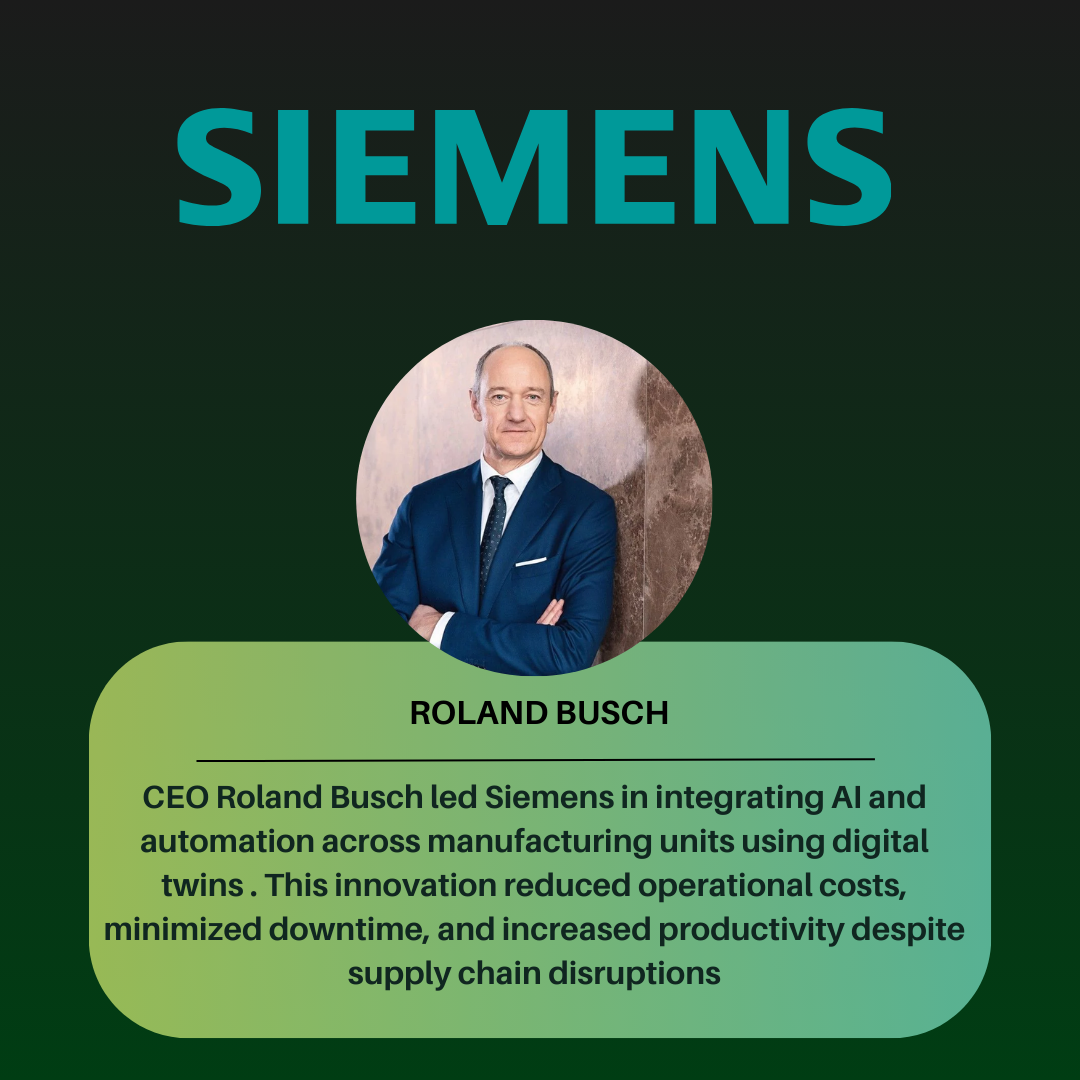
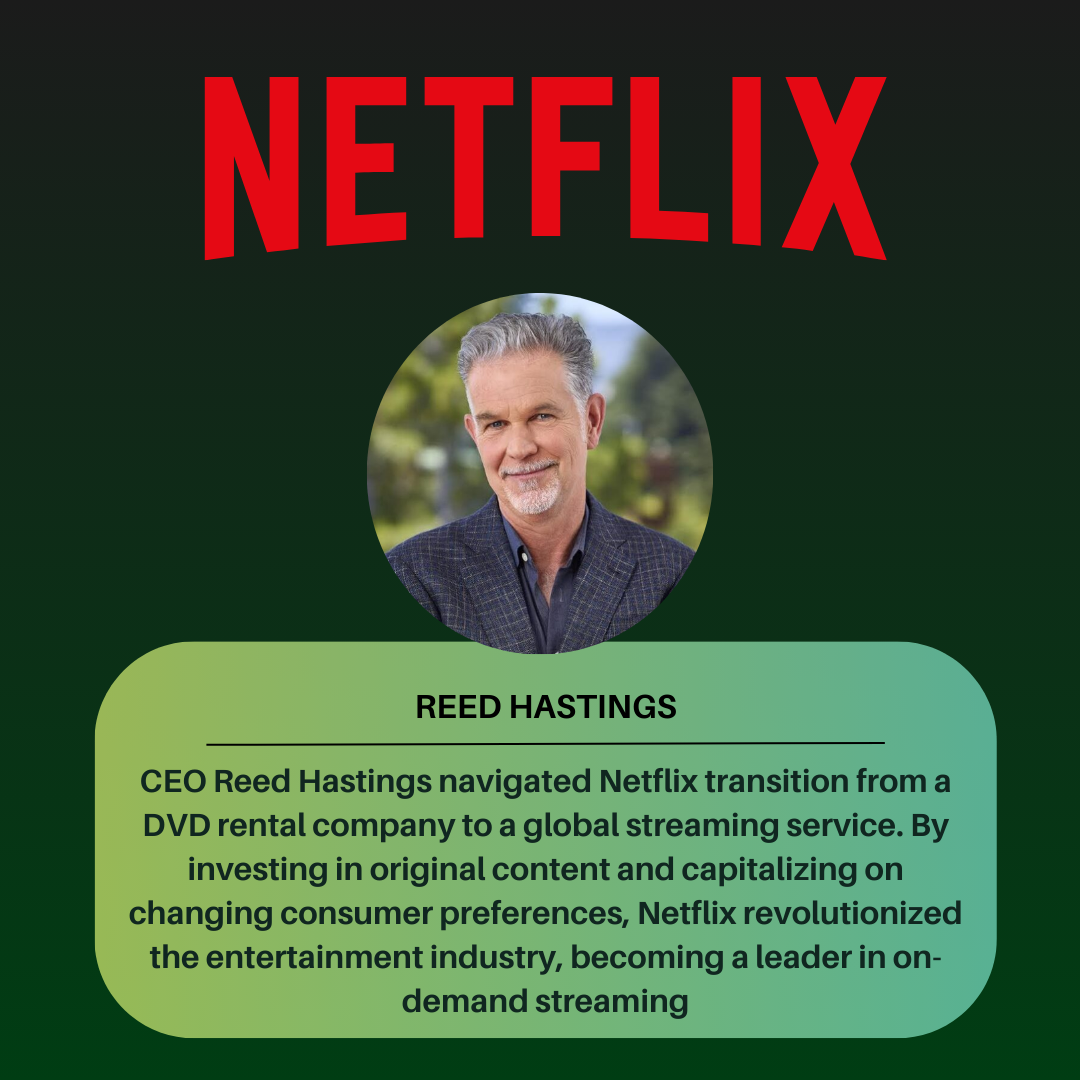

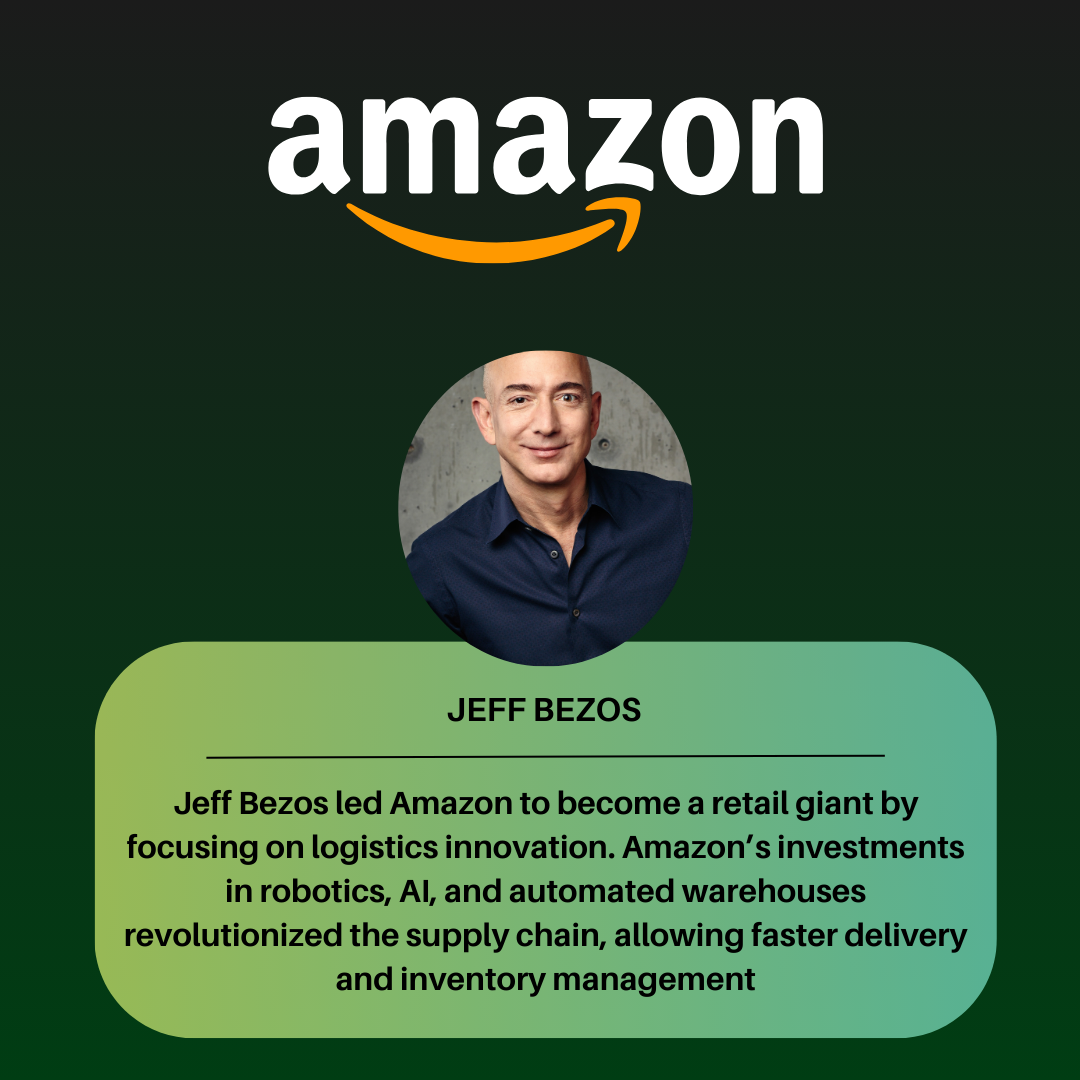

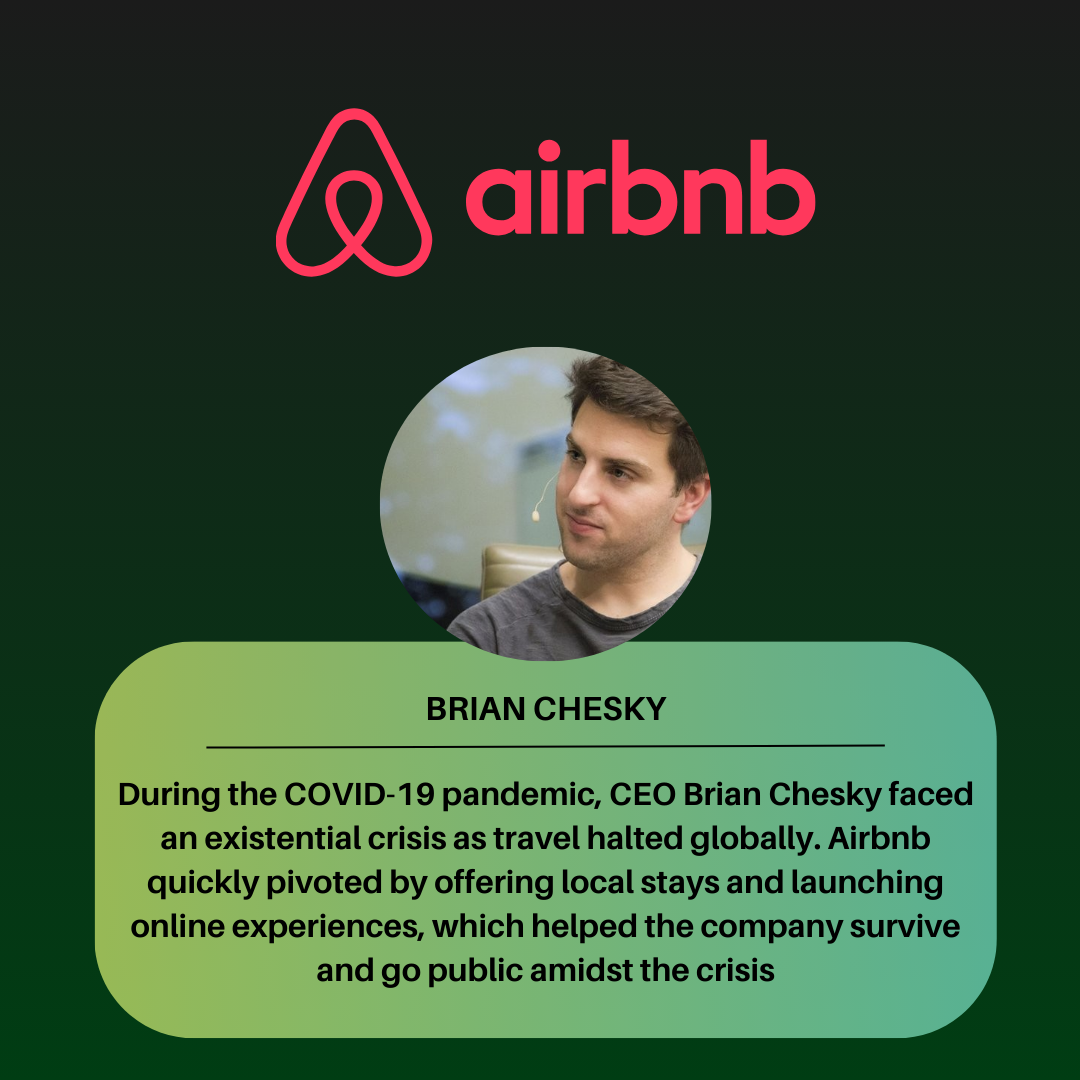
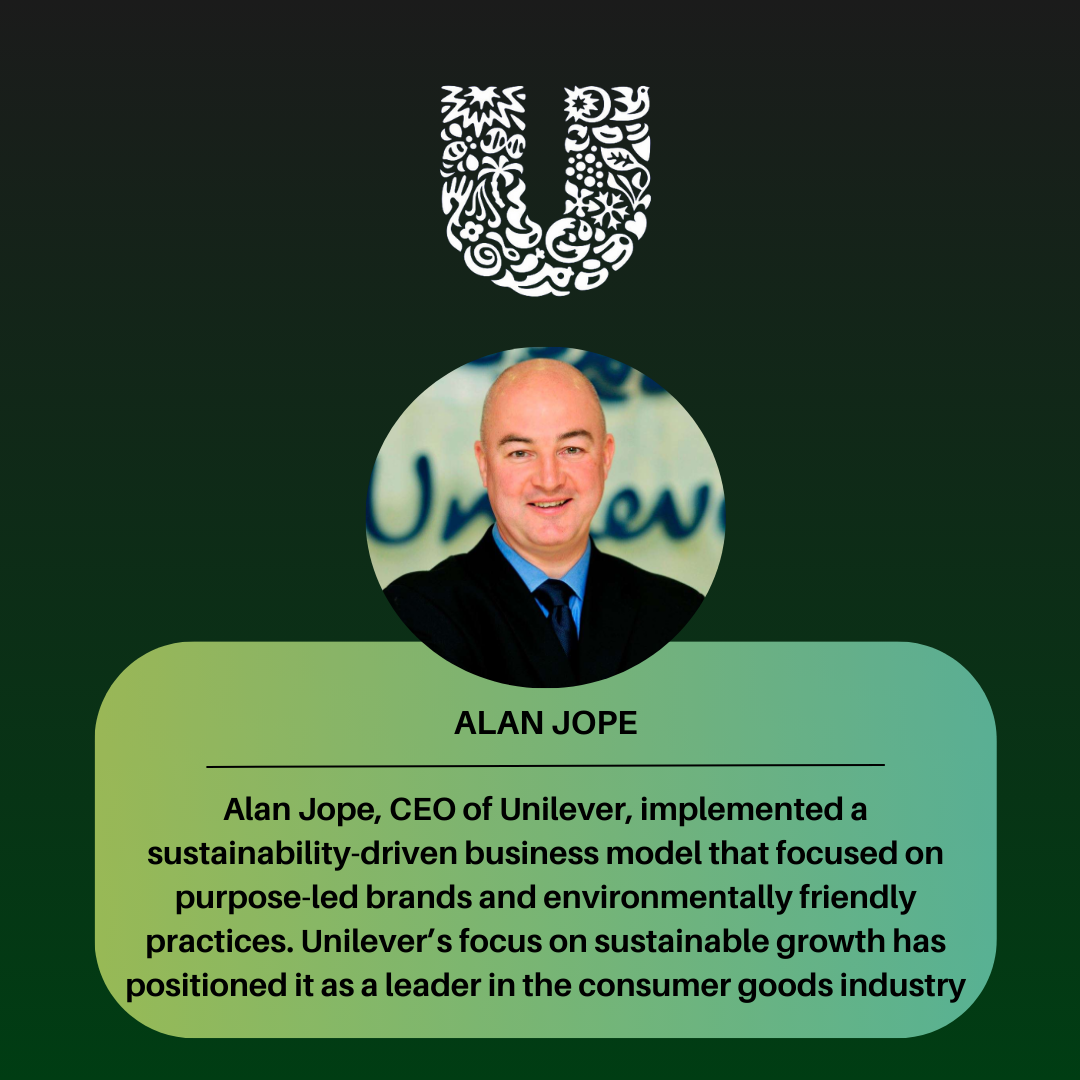
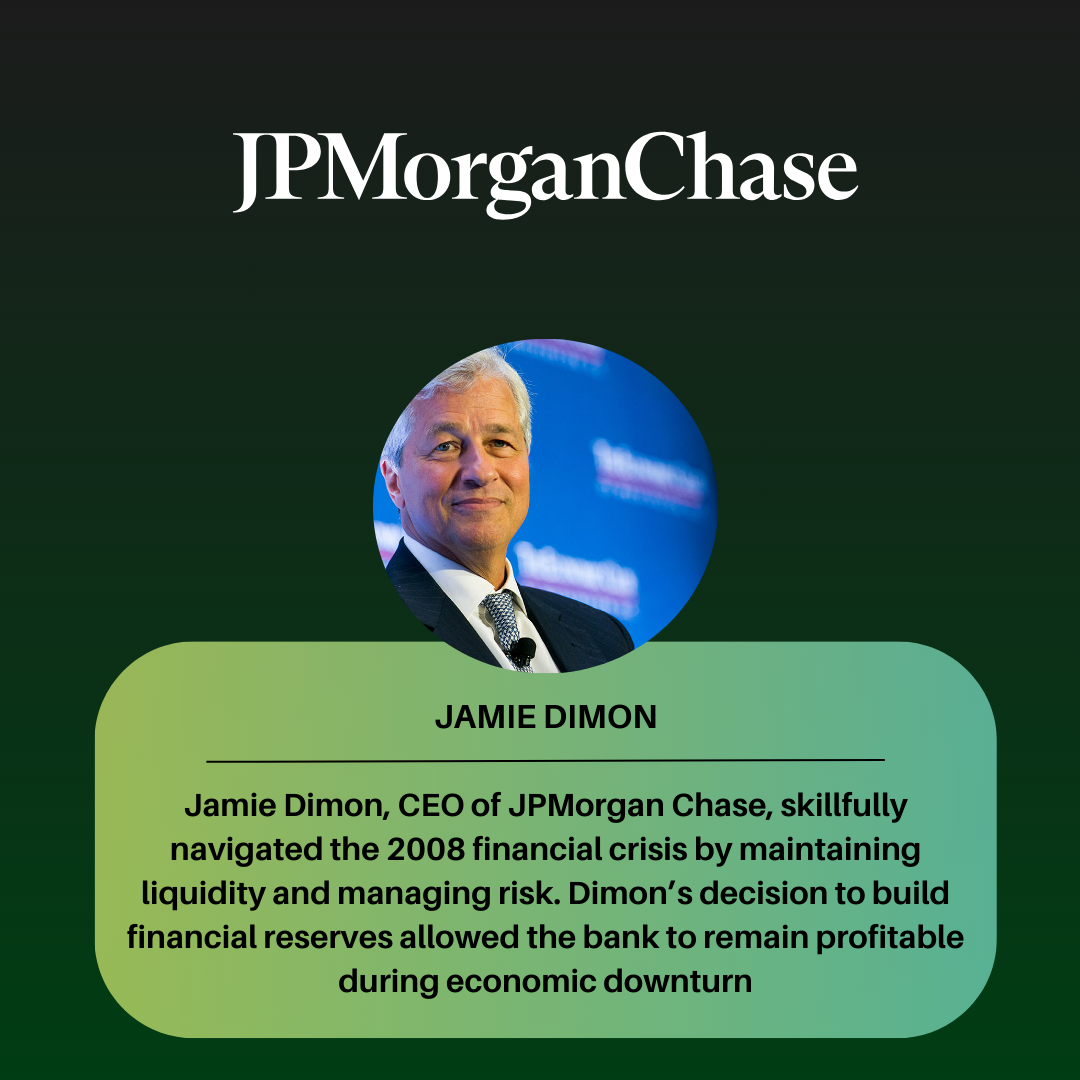
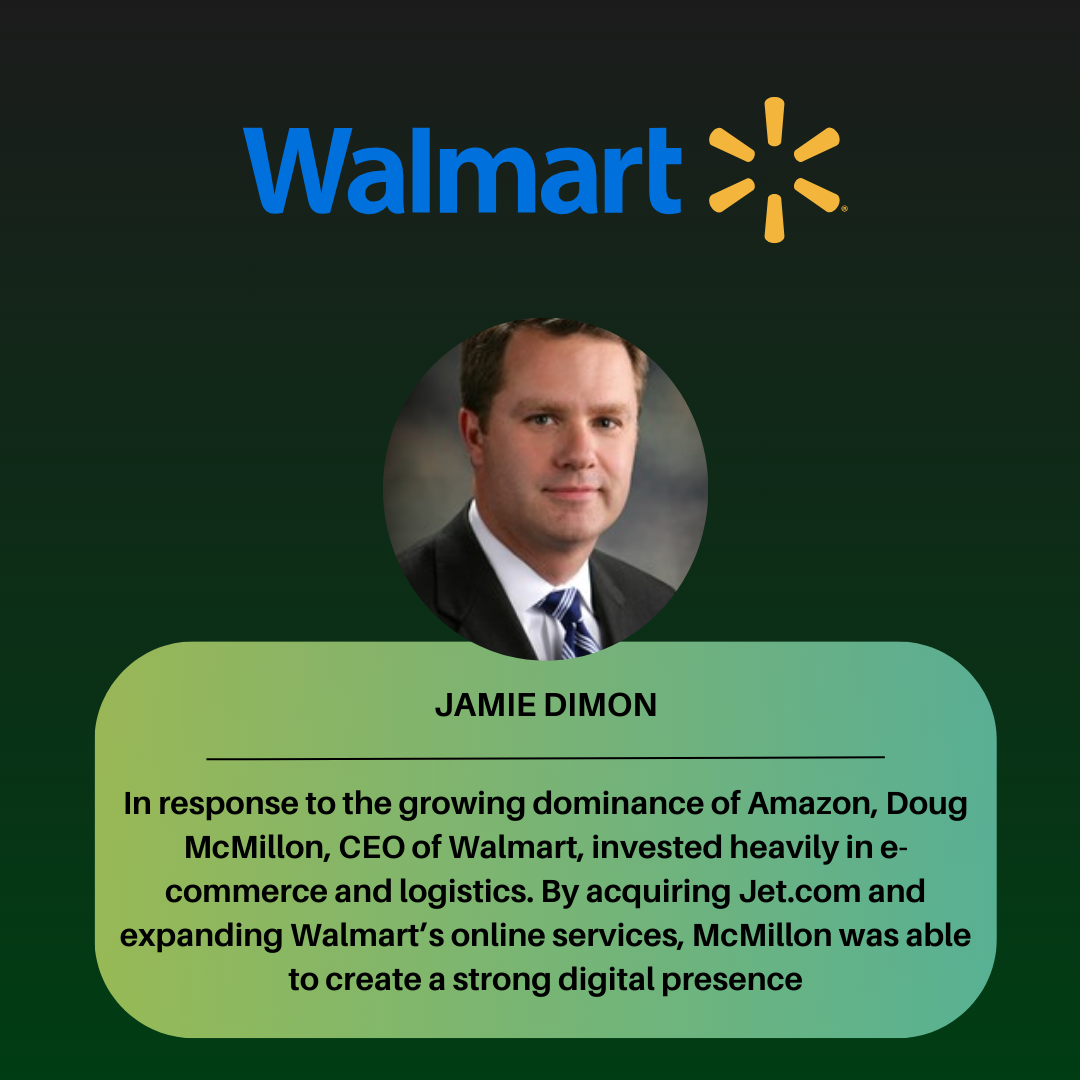

Final Reflection
In 2024, CEOs face a dynamic landscape with challenges ranging from digital transformation to talent retention and sustainability pressures. Addressing these pain points requires agility, innovative thinking, and a commitment to long-term resilience. Leaders can navigate uncertainty and seize opportunities by leveraging data-driven strategies, fostering a strong company culture, and embracing emerging technologies. Proactive decision-making and adaptability will be critical in driving growth and success amid evolving market conditions.
Access CEO Contacts Now with eSalesClub !
Get a free sample!
Peter Frost is specialized in creating compelling content focused on targeted B2B databases and email lists. With a background in sales and data analytics, Peter has a unique ability to translate complex data-driven concepts into practical strategies that help businesses boost their marketing and sales efforts. His passion for delivering value through insightful articles has made him a trusted voice in the B2B marketing space. When not writing, Peter enjoys exploring the latest trends in data-driven marketing and refining his approach to audience engagement.
Recent Blogs


Food Stores Email List: The Ultimate Guide for Effective Marketing Home Table of Contents In today’s fast-paced digital world, email

